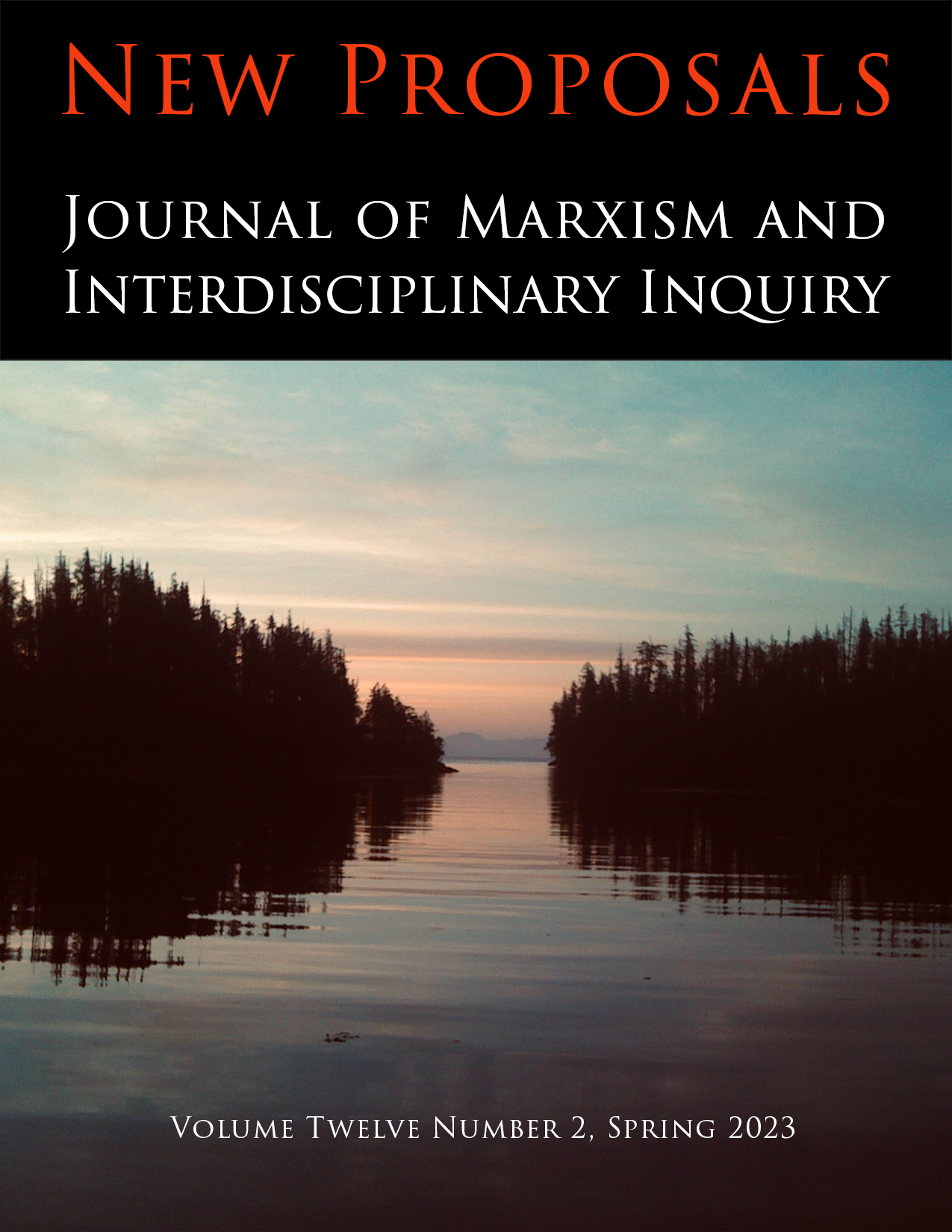The Wretched of the Earth as Interrogation-Machine
Nation, Religion, and Race in Fanon's Decolonization Manifesto
Abstract
Taking as our point of departure the final line of Frantz Fanon’s first book, Black Skins, White Masks (1952) – ‘Oh my body, always make me a man who questions!’ – we examine how Fanon’s posthumously published The Wretched of the Earth (1961) may be treated as a kind of ‘interrogation-machine’. Rather than approach this work as either transparently expressing the intentions of its author (‘the text as body’) or as a surface sliding across meanings that can be assembled in any number of ways (‘the text as machine’), we read three key episodes in The Wretched of the Earth as posing questions in ways that exceed those the answers Fanon himself offers — a prose poem by Guinea writer Fodéba Keïta, Fanon’s treatment of the radical potential of Islam through his correspondence with Iranian sociologist Ali Shariati, and the responses of his patients to the trauma of torture. In highlighting these interlocutors (who tend to be neglected by most commentators on Fanon), we conclude that the text functions as a kind of ‘manifesto’ appealing to different audiences (in the tradition of Marx and Engels), both colonized and colonizer, and we consider how Fanon’s call for a ‘new humanism’ speaks to our own crises of virulent state-nationalism, religious fundamentalism, and institutionalized racism.
Downloads
Published
Issue
Section
License
Copyright (c) 2022 Jastej Ludda, Thomas Kemple

This work is licensed under a Creative Commons Attribution-NonCommercial 4.0 International License.
Copyright for articles published in this journal is retained by the authors, with first publication rights granted to the journal. By virtue of their appearance in this open access journal, articles are free to use, with proper attribution, in educational and other non-commercial settings.
